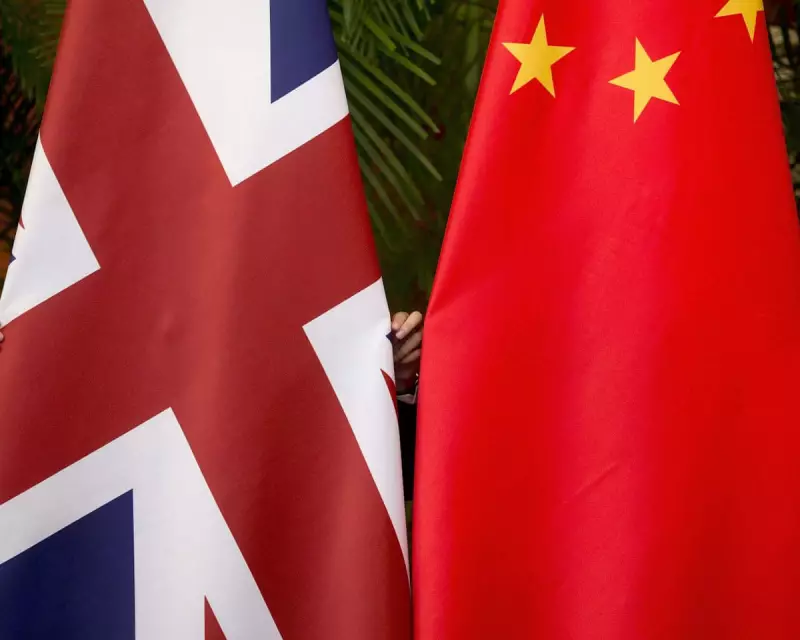
As the world commemorates VJ Day, the lessons of history loom large over contemporary geopolitics. The uneasy relationship between China and Britain serves as a stark reminder of the dangers posed by resurgent fascism in an era of global instability.
Historical Echoes in Modern Tensions
The parallels between the rise of fascism in the 20th century and today's geopolitical landscape are impossible to ignore. With China's assertive foreign policy and Britain's post-Brexit identity crisis, the spectre of authoritarianism casts a long shadow over international relations.
The VJ Day Legacy
The anniversary of Victory over Japan Day traditionally celebrates the triumph of democracy over fascism. Yet, as global powers jostle for dominance, the values that defined the Allied victory appear increasingly fragile.
Britain's Precarious Position
Caught between its transatlantic alliances and economic dependence on China, Britain faces difficult choices. The government's approach to Beijing has drawn criticism from human rights advocates and foreign policy experts alike.
- The erosion of democratic norms in Hong Kong
- Growing economic coercion tactics
- Challenges to academic freedom
A Warning from History
Historians caution that the international community's failure to confront early fascist aggression in the 1930s created the conditions for global conflict. Today's leaders must decide whether to heed these lessons or risk repeating catastrophic mistakes.
As uncertainty dominates the global stage, the VJ Day anniversary serves as both a celebration and a sobering reminder of what's at stake when democracies fail to stand firm against authoritarianism.





